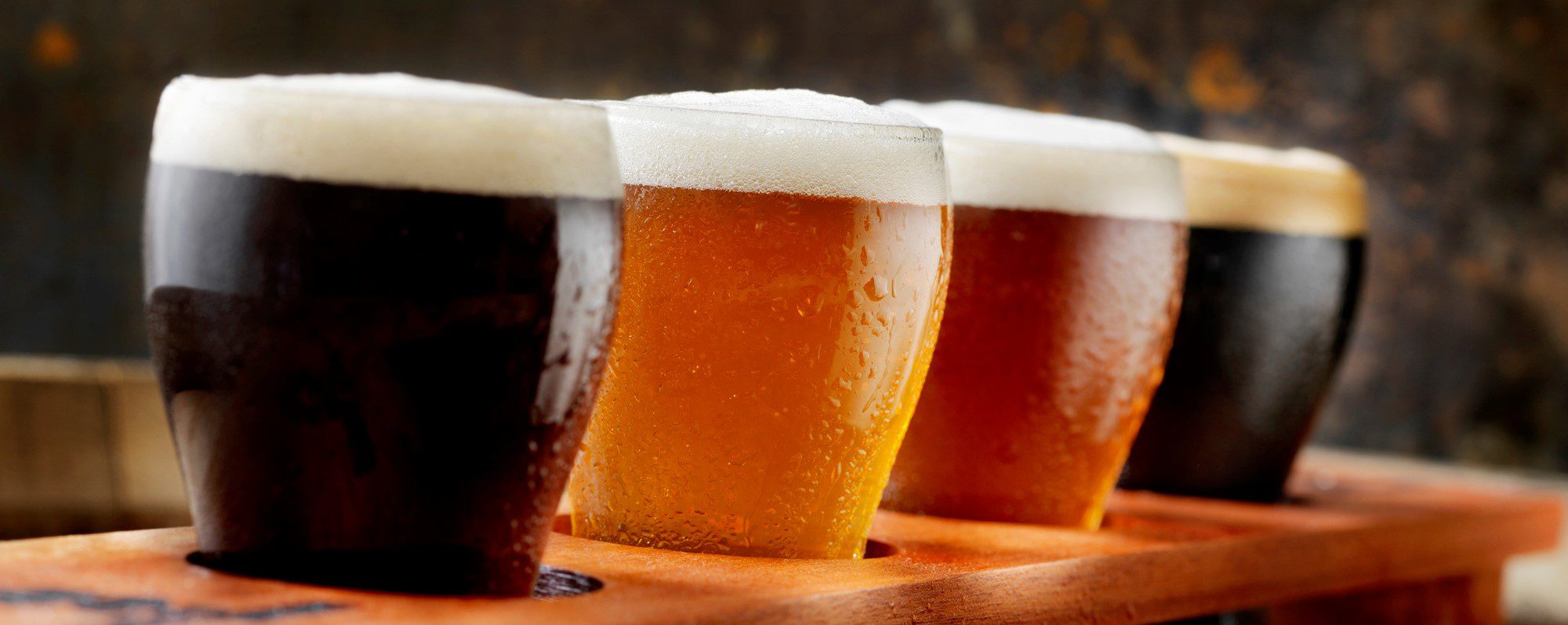

Governance of beverage alcohol in Canada is complex, with 13 different bodies responsible for regulating sales and distribution across 10 provinces and three territories.
While the rules vary from province to province, some elements are consistent right across the country. Restaurant operators and their staff must:
- Know the law
- Understand how and when to check identification
- Employ effective techniques to prevent intoxication
- Manage risk at special and large-scale events
- Understand liquor-serving best practices and policies
- Comply with the permitted hours of licensed alcohol service
To ensure compliance with liquor regulations and avoid violations, restaurant operators must ensure that everybody who serves alcohol has the knowledge and understanding they need.
Serving smart
“The first step is to take the responsible service training program in your province,” says Richard Anderson, executive director, Smart Serve Ontario. “This will help you understand the law and your responsibilities. Secondly, it is very important that the establishment have clear house policies that have been reviewed with staff on a regular basis. This ensures good communication so the team is clear on responsibilities. Lastly, acquaint yourself with your provincial liquor laws.”
Those laws control a variety of elements including who can be served, when, how much, and how they can be identified. “Generally speaking, it is important to not serve underage patrons, monitor your patrons to ensure that you do not serve them to intoxication,” Anderson says. “You accept liability the moment you begin to serve someone. Your number one responsibility is to ensure that your patrons have a safe experience and do not leave intoxicated or drink and drive.”
“You accept liability the moment you begin to serve someone. Your number one responsibility is to ensure that your patrons have a safe experience and do not leave intoxicated or drink and drive.”
Richard Anderson, executive director, Smart Serve Ontario
Under provincial liquor laws, restaurant operators and their employees are responsible for controlling the behaviour of patrons. And they can be held responsible for any resulting injury or death with consequences that can include licences being suspended and revoked.
In 2021, a restaurant in Cambridge, Ont. was fined $50,000 for over-serving alcohol to a man who caused a fatal crash. The maximum fine under the Ontario Liquor Licensing Act is $250,000.
Checking IDs
The restaurant or bar should have a policy on when they I.D. Some use the ‘anyone under 30 years of age approach.’ “Whatever you feel you need to do to ensure that you do not serve underage patrons,” Anderson says.
Staff should know the acceptable forms of identification in your jurisdiction: Typically, they include:
- Driver’s Licence
- Canadian Passport
- Canadian Citizenship Card
- Canadian Armed Forces Card
- Secure Certificate of Indian Status
- Permanent Resident Card issued by Government of Canada
- ID cards issued by provincial liquor authorities
To be legally acceptable, all identification must be valid, and expired I.D. is not acceptable. Staff should assess whether the card is genuine and comparisons can be made with current legitimate I.D.s.
- Compare the I.D. photo and description – height, weight, eye and hair colour are easily tampered with and most likely to be off
- Ensure letters are in the same font and same size of font
- Beware of misspelled words
- Check that no colours are dulled or faded
- If birth or expiry dates look scratched or appear to have been tampered with, do not accept the I.D.

To prevent intoxication:
- Monitor service at all times
- Encourage meals or snacks and non-alcoholic beverages if possible
- Know when it’s time to cut off a patron
- Ensure that person has a safe ride home
When it comes to training staff to understand the applicable laws, the simplest way is to ensure that all relevant staff take a program like Ontario’s Smart Serve. “The program clearly outlines the law, liability and the responsibility of the server,” Anderson says. “It is about ‘Duty of Care’ for the customer to ensure that their experience is safe.”
Some provinces have made completion of training mandatory for anyone who serves and sells liquor at licensed establishments. New Brunswick was the latest to do so, effective September 1, 2021. Most provinces do not recognize certifications from other jurisdictions.
Canadian liquor service training programs
| British Columbia | Serving It Right |
| Alberta | ProServe |
| Saskatchewan | Serve It Right |
| Manitoba | Smart Choices |
| Ontario | Smart Serve |
| Quebec | Service in Action |
| New Brunswick | Responsible Beverage |
| Nova Scotia | Serve Right |
| Prince Edward Island | Responsible Beverage Service |
| Newfoundland & Labrador | Serve Responsible NL |
| Nunavut | Server Training |
| Northwest Territories | Server Training |
| Yukon | Be A Responsible Server-Liquor (BARS-L) |


